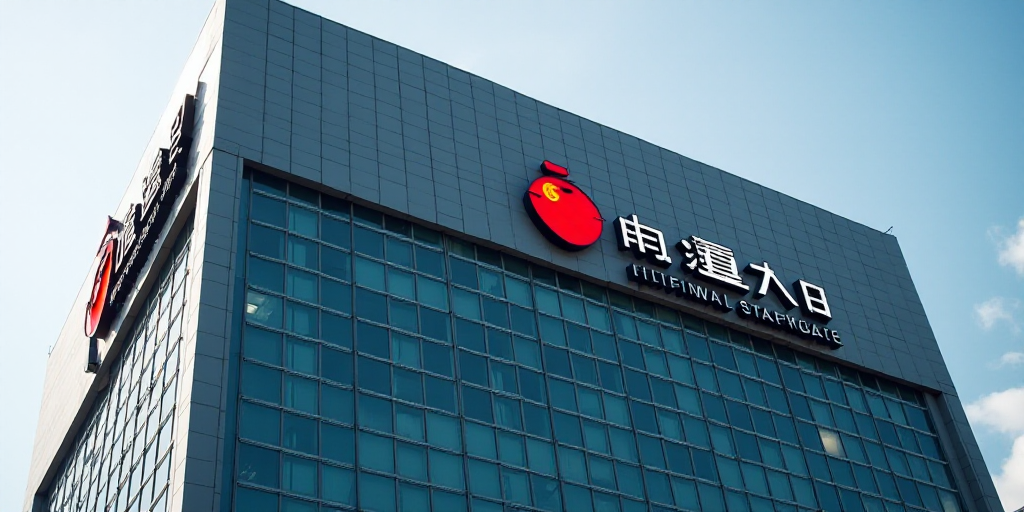Who is Janneth Quiroz Zamora?
Janneth Quiroz Zamora is the Director of Economic, Currency, and Stock Analysis at Monex, a prominent financial services firm in Mexico. Her expertise and insights on the Mexican economy and stock market make her a key figure in understanding current investment trends.
The Importance of T-MEC Definition
Quiroz Zamora emphasized that the definition and potential modifications of the United States-Mexico-Canada Agreement (T-MEC) are crucial for companies in the Mexican stock market. Until this agreement is clarified, investors are expected to maintain a cautious approach.
Reasons for Increased Caution
- Economic Fragility: The current state of the economy is uncertain, prompting investors to exercise caution.
- Inflation Risks: Increasing inflation rates pose a threat to investments.
- Prolonged High-Interest Rates: Central banks maintaining high-interest rates for an extended period can negatively impact stock market performance.
- Trade War Tariffs: Ongoing trade disputes and tariffs continue to create an unfavorable environment for investments.
Opportunities Amidst Caution
Despite the prevailing caution, some companies may find opportunities to grow and potentially list on the stock exchange if there is a significant economic rebound, according to Quiroz Zamora.
Roberto Solano’s Perspective on IPOs
Roberto Solano, Monex’s Manager of Economic, Currency, and Stock Analysis, noted that Initial Public Offerings (IPOs) have slowed down in recent years due to national and global uncertainties.
Debt Emission Outlook
Solano also mentioned that market participants are waiting for interest rate reductions before making further movements in the stock market, particularly regarding debt emissions.
Key Risks for Stock Markets
Monex’s experts identified several key risks for stock markets, including:
- Lower Economic Activity: A slowdown in economic growth could negatively impact stock market performance.
- Inflation Uptick: Rising inflation rates may erode corporate profits and investor returns.
- Prolonged High-Interest Rates: Extended periods of high-interest rates can dampen investment appetite.
- Increased Economic and Trade Competition: Greater competition from both domestic and international players can put pressure on companies.
- Geopolitical Shifts: Evolving geopolitical landscapes, particularly with the United States, can introduce new uncertainties.
Local Factors Affecting Mexican Stock Market
Monex’s experts highlighted specific local factors impacting the Mexican stock market, such as:
- Economic Desceleration: A more pronounced slowdown in economic growth.
- Inflation Rate Adjustments: Changes in the pace of inflation reduction.
- Anticipated T-MEC Review: Potential early review or modifications of the T-MEC agreement.
- Geopolitical Aspects with the United States: Evolving relationships and policies between Mexico and the U.S.
Monex’s Stock Market Projections
Monex forecasts that the primary index of the Bolsa Mexicana de Valores (BMV), the S&P/BMV IPC, will close the year at 55,500 points—a 5.23% decrease from the closing figure of 58,568.01 on the previous Wednesday.
For the S&P 500 in the United States, Monex anticipates a level of 6,000 points—a 6.66% increase from the mid-week closing figure of 5,844.55 points.
Key Questions and Answers
- What is the T-MEC? The United States-Mexico-Canada Agreement (T-MEC) is a trade agreement among the United States, Mexico, and Canada.
- Why is T-MEC’s definition important for Mexican companies? A clear understanding of the T-MEC is essential for companies to plan their strategies and investments, as it impacts trade regulations and market conditions.
- What are the main risks for stock markets? Key risks include lower economic activity, rising inflation, prolonged high-interest rates, increased competition, and geopolitical shifts.
- What is an Initial Public Offering (IPO)? An IPO is the process by which a private company first offers and sells its shares to the public.
- Why are interest rates important for stock market movements? Interest rate changes can influence borrowing costs, investor sentiment, and overall market performance.






